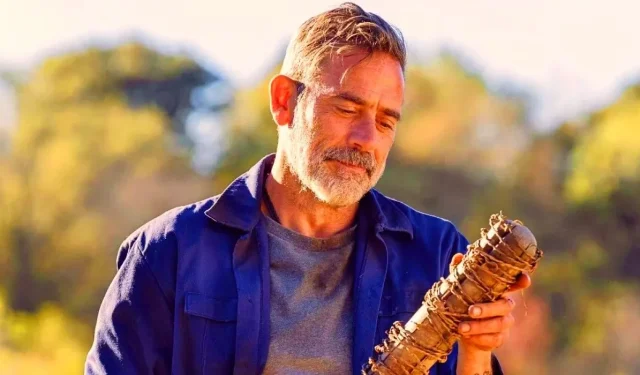The death of Glenn Rhee marked a pivotal and sorrowful moment in The Walking Dead series, profoundly impacting its narrative and viewer engagement. Initially presented in Season 7, Episode 1 titled “The Day Will Come When You Won’t Be,”Glenn’s demise was directly inspired by the comic books. The brutal scene unfolded after Daryl (portrayed by Norman Reedus) angered the menacing Negan (played by Jeffrey Dean Morgan), leading to Glenn (Steven Yeun) being subjected to a harrowing execution by Negan’s infamous bat, Lucille, in front of his companions.
According to Ross Marquand, who portrays Aaron, Glenn’s death, although integral to the storyline, alienated a significant portion of the audience. Recalling the emotional weight of the scene, Marquand described it as intensely tragic, appearing even more startling on screen than during filming. He recalled the unsettling moment when he had to ask Yeun to restrain his movements, as the visual effects portraying Glenn’s gruesome injury were remarkably realistic and, albeit unintentionally, unsettling.
I will say that was the episode that we lost a lot of fans, I think, just from the sheer gore. It was so visceral and so intense that I think a lot of people were like, “I’m out. I can’t do it anymore.”I was very sad, because I love working with Steve Yeun, and I loved working with Michael [Cudlitz].
But I’ll be honest, viewing him on the TV screen several months later with Sonequa Martin-Green and her husband, we had much more of a physical reaction than we did watching his death in real [time]. Obviously, it’s terrible. You’ve got all the gore and the blood, and everything’s pouring out of his head. But in between takes, as I’m sure you all remember, the eyeball was just dangling. I remember it looked like those paddle balls.
His eyeball was bouncing around as he was talking. It was like, “What are you going to do after this?””I’ve got a role on Voltron, I think I’m gonna do some voiceover work…”And I was like, “Oh, cool. Can you just stop moving your head for a second? I’m going to throw up.“It looked so disgusting, and that’s a credit to the special effects team. They literally make all of these terrible moments look real, from the zombies on down to the bludgeons.
It’s a real credit to those craftsmen for making it so believable, but truly it wasn’t as effective for us as actors until we watched it on the screen. We’re like, “Oh, my God…”I think all of us, audience members and cast alike, were just blown away by how sad it was.
The Impact of Glenn’s Death on The Walking Dead
Declining Viewership Following Glenn’s Departure
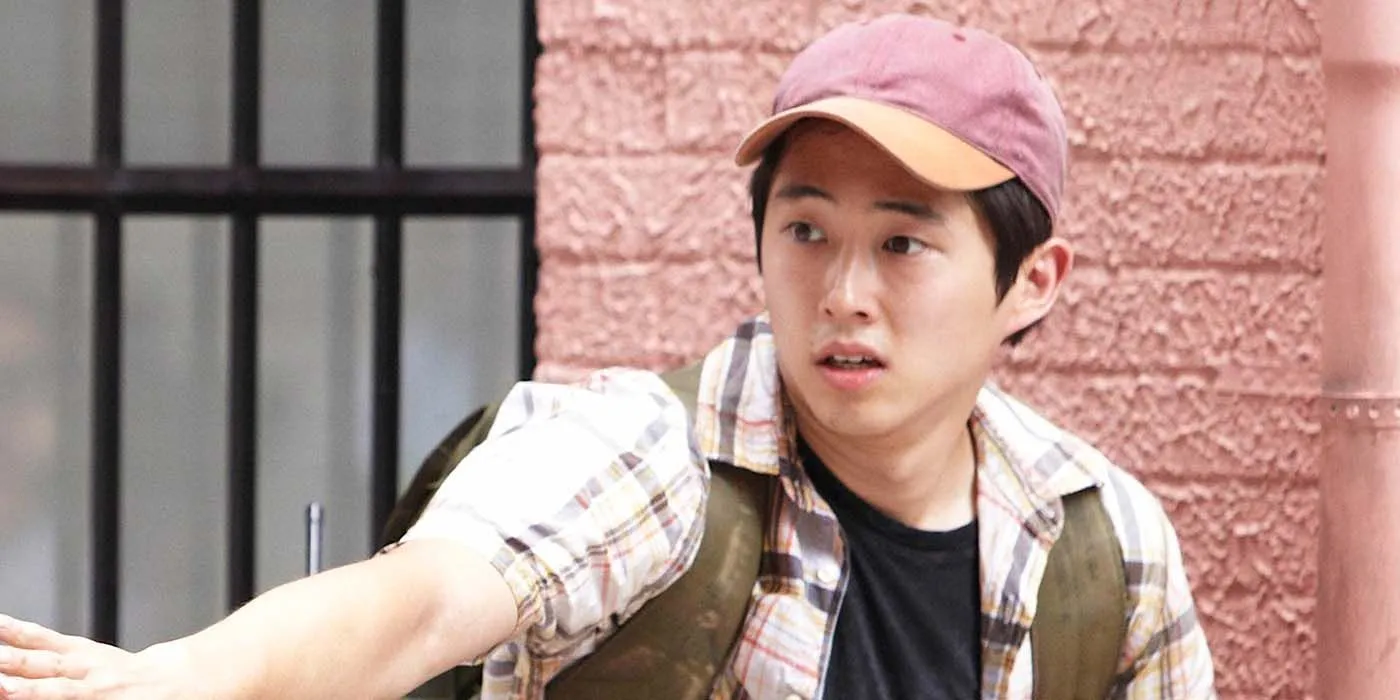
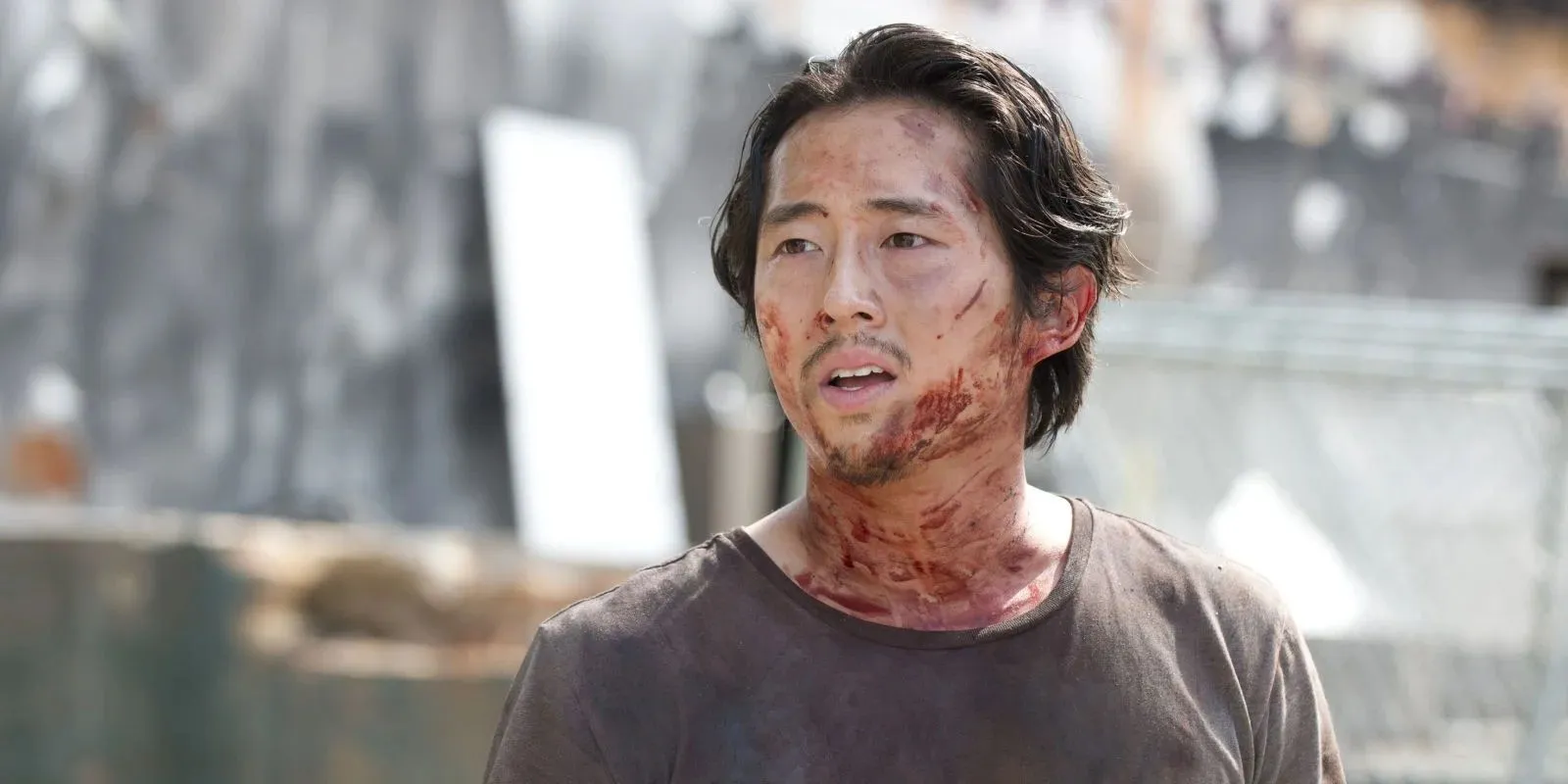
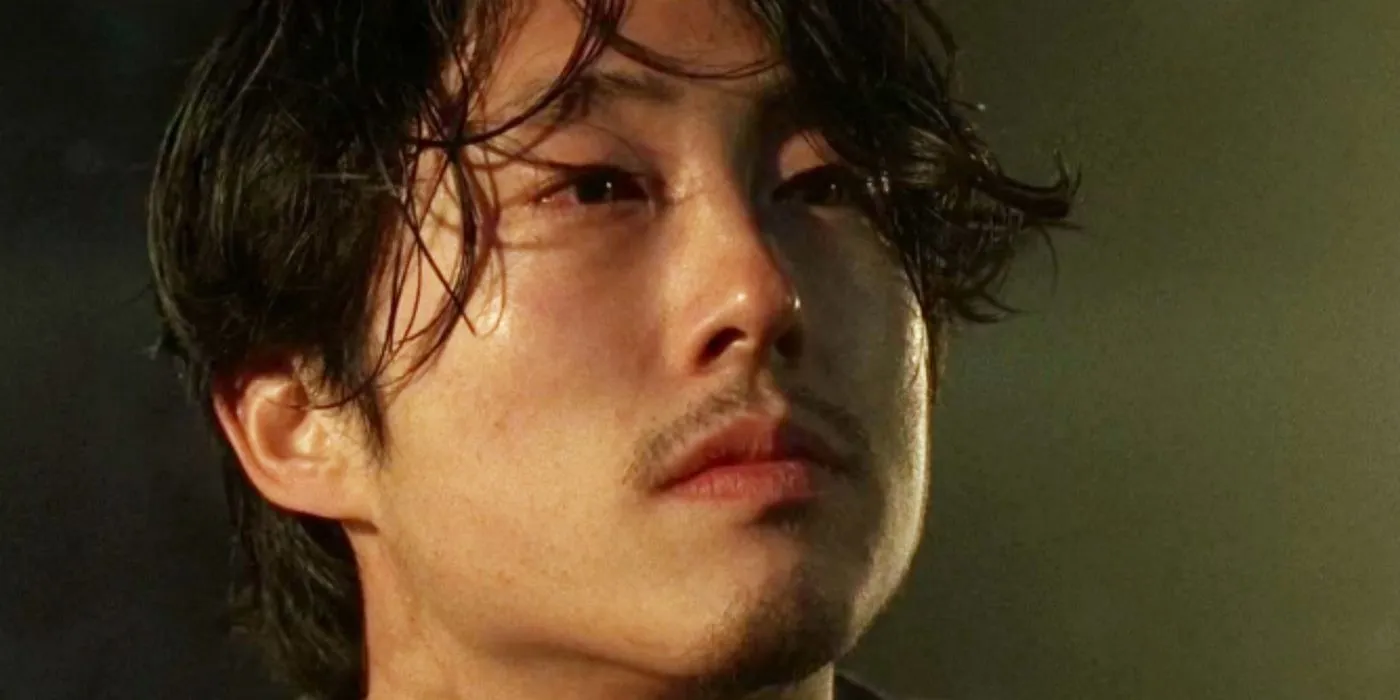
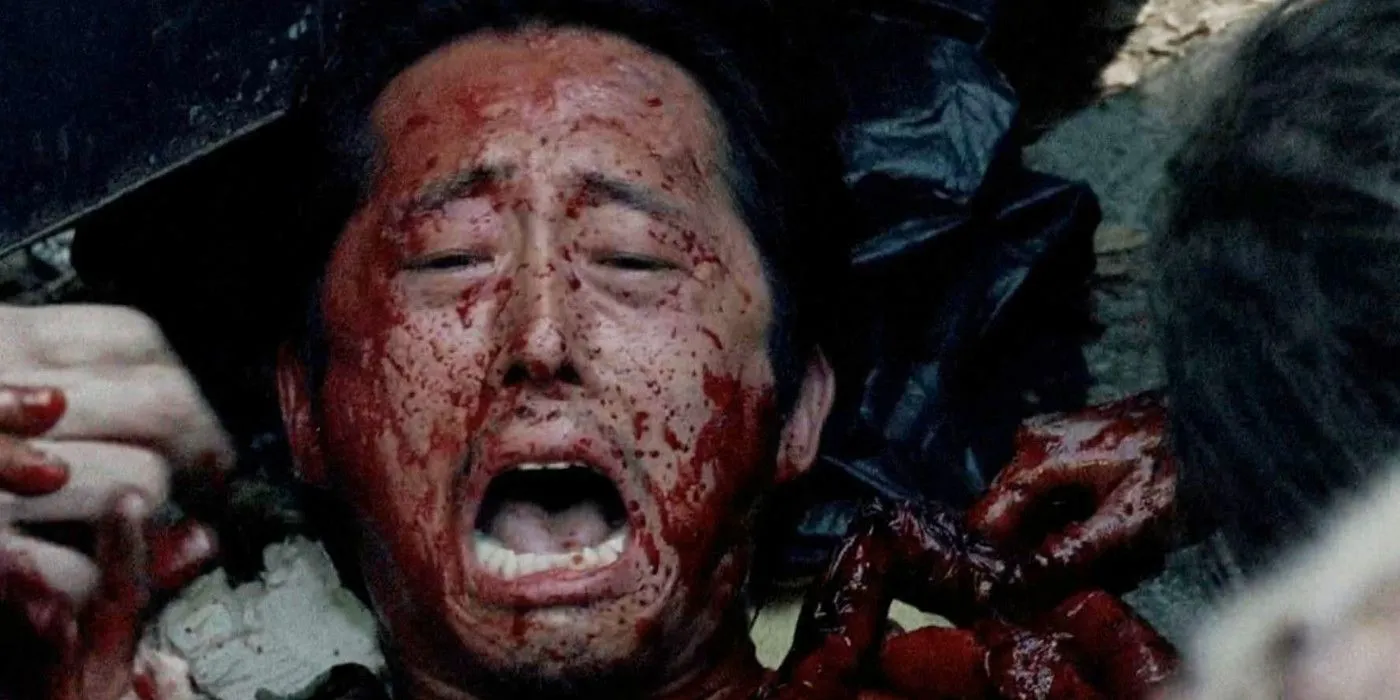
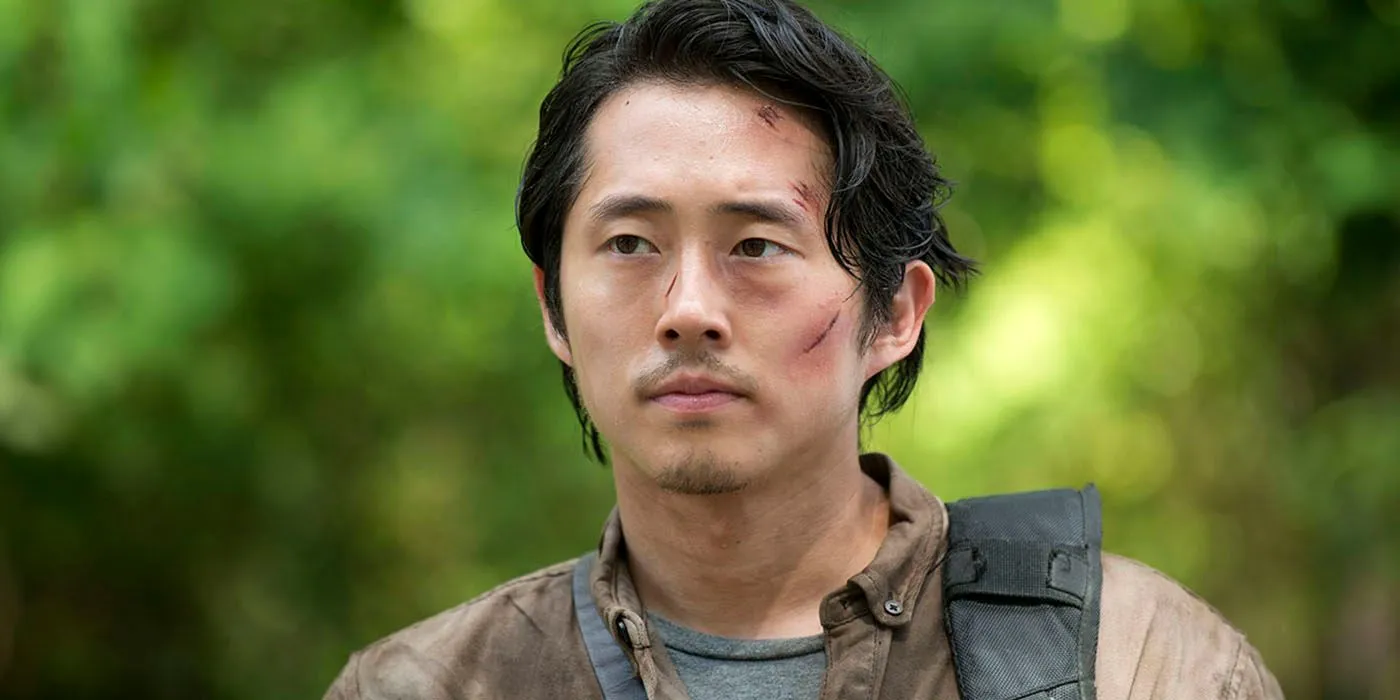
Marquand’s observations reflect the stark reality of viewer engagement; after Glenn’s tragic exit, the show experienced a noticeable ratings decline. The season 7 premiere attracted an impressive 17 million viewers, marking a record high for the series. However, this figure sharply declined to 11 million by the season finale—now the fifth-highest in terms of viewership. Subsequent episodes revealed a consistent drop, with complacency setting in, ultimately leading to a series finale that drew only 2 million viewers. This marked a significant loss of approximately 15 million viewers over time, clearly highlighting the detrimental impact of Glenn’s death.
Moreover, Glenn’s departure translated to the removal of a beloved character whose presence significantly enriched interpersonal dynamics within the group. While the show effectively transformed Negan into an iconic antagonist, the extreme violence of Glenn’s demise alienated the very audience the series relied on. Such graphic portrayals, no matter how technically exceptional, ultimately harmed The Walking Dead in the long run.
Examining the Legacy of Glenn’s Death
The Lasting Implications of Glenn’s Demise
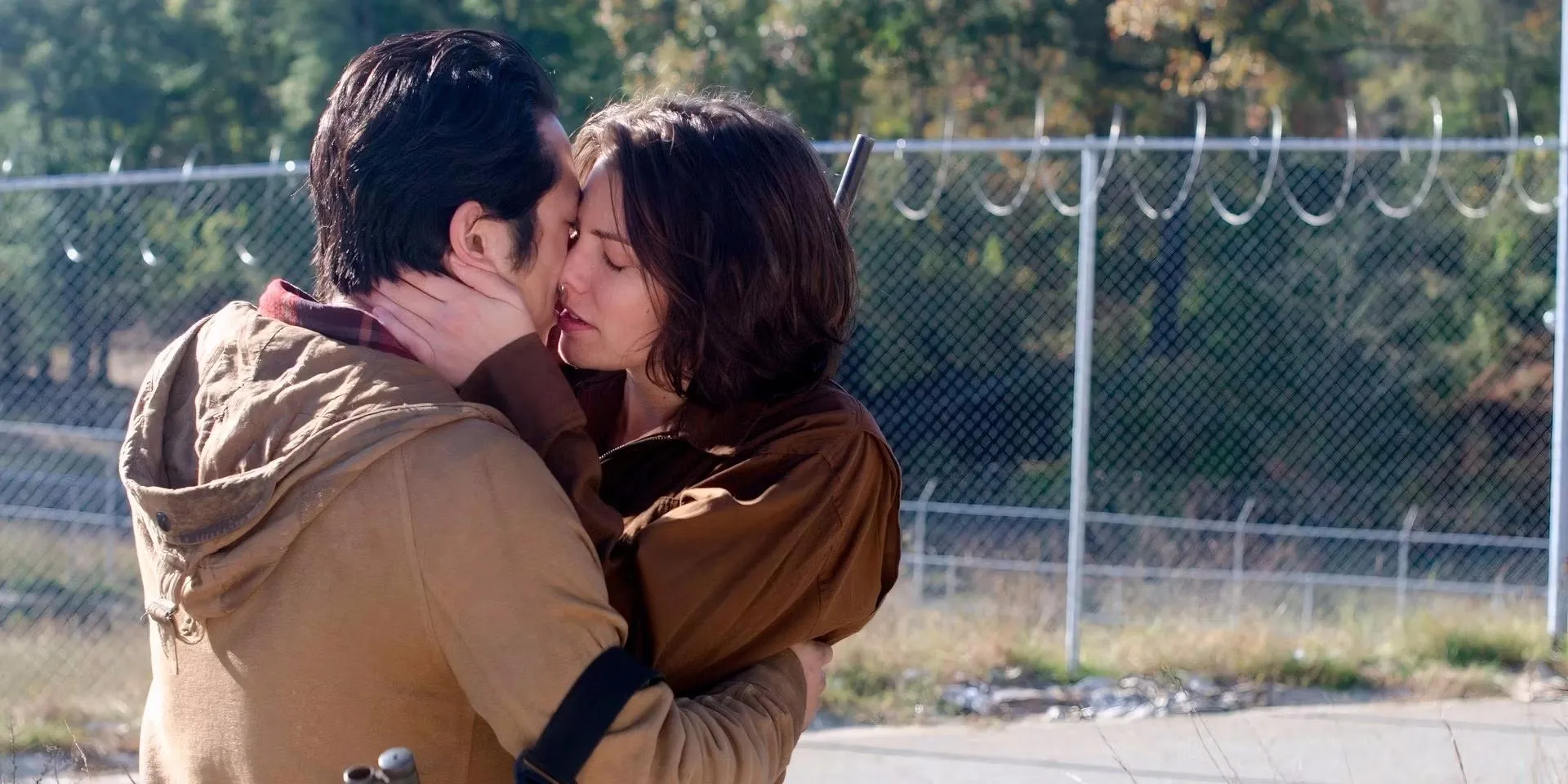
In this endeavor to remain faithful to the source material, the showrunners aimed for a shocking yet poignant death that was supposed to resonate with viewers. Regrettably, the excessive brutality overshadowed the narrative intention. Instead of establishing Negan as a memorably loathsome villain akin to iconic figures from shows like Game of Thrones or Gladiator, it may have inadvertently tarnished Glenn’s legacy. While the emotional potency of the scene was undeniable, one could argue that the gruesome effects detracted from the overall success of The Walking Dead.
